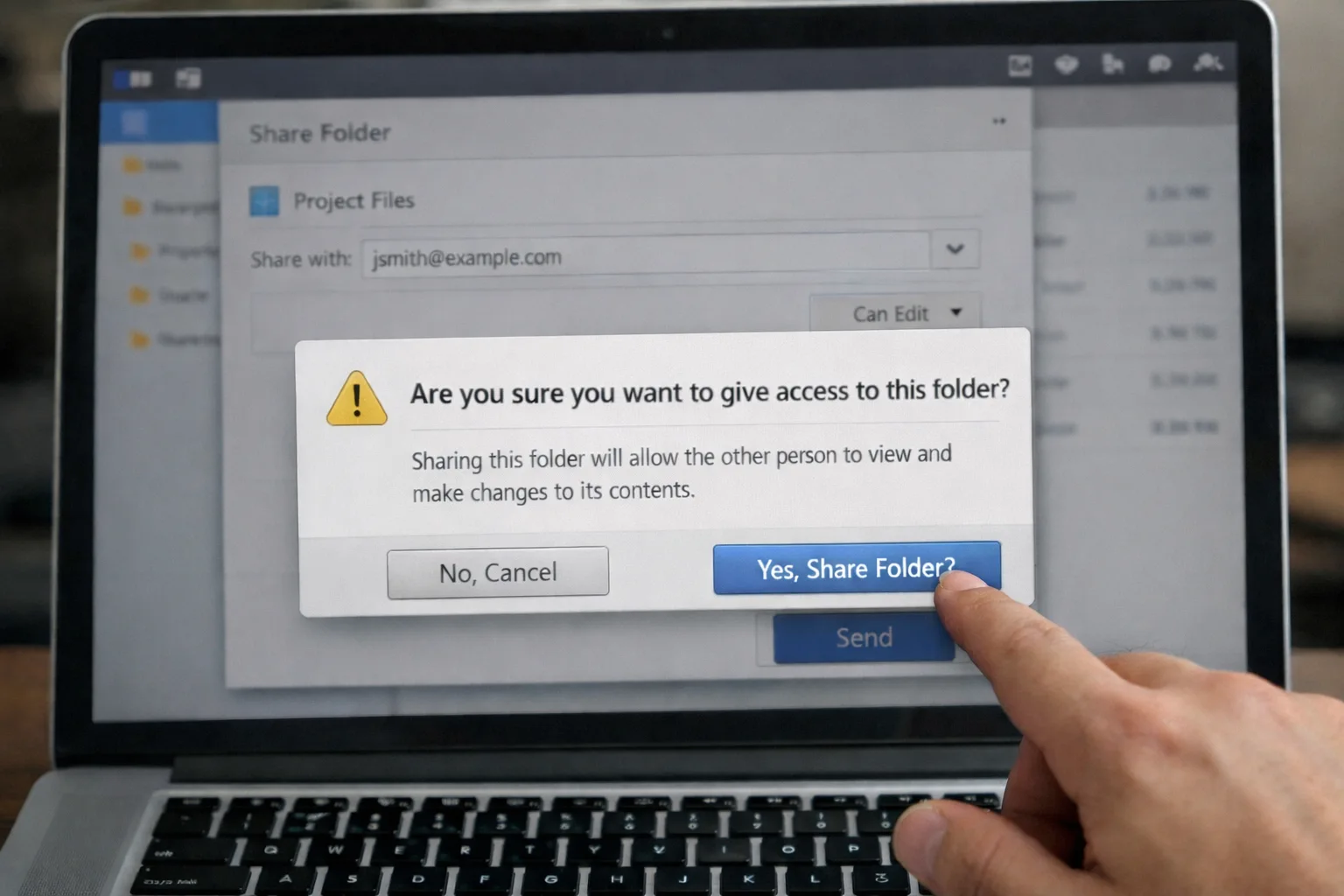Hunted TV show: A cybersecurity expert’s insight

Posted on February 21, 2020 by Rob May
The premise of TV’s Hunted is for ten wannabe fugitives to outsmart and escape the grasp of an elite team of ex-military, law enforcement, and security force members. This team, the ‘hunters’, have all sorts of tricks up their sleeve that can reveal an astonishing array of information about the fugitives. They obtain this information using the latest technology, which sadly, cyber criminals have also been known access.
To illustrate just how real the threat of cybersecurity attacks can be, we take a closer look at how the hunters use technological resources when tracking fugitives. In so doing this, we also reveal how a cyber criminal can launch an attack. Find out more about your online privacy concerns with our insight into TV’s Hunted.
Tracking fugitives with their digital footprint
Our increasingly online world is designed to make life easier, but with convenience comes a cost. Every time a person uses the internet they leave a breadcrumb. Whether it’s checking social media or Google-searching a location, this information is stored, which in effect means it could be accessed. A person’s digital footprint is the first place to start when tracking someone down or gathering information.
Location services
Smart phones have location services (like Google Maps) on all the time by default, so unless a user actively switches these off, open-source tools – which are accessible to the public – can be used to locate a person’s whereabouts as they move. This means it’s hard but not impossible to find out their home address, work address, the places they’ve visited and even the path they took.
Basic burner phones are better but even these can be used to track someone once a pattern has emerged. This could be created in a range of ways, from regular phone calls or texting, to repeatedly buying top-up credit in specific shops.
Social media
Facebook accounts are linked to mobile phone numbers, so as soon as you know someone’s phone number it’s usually possible to find their social media account. With this you can find their photograph, which is necessary when tracking fugitives using CCTV.
Another point to make about social media is that these accounts are all opened using an email address. After discovering a person’s email address, it can be possible to acquire their password. The truth is that passwords are increasingly easy to find out, especially due to poor cyber security and historic data breaches at Adobe, LinkedIn and MySpace. These breaches actually displayed account holders’ credentials including their email address and passwords. Even if these passwords are no longer correct, many people update them by changing just one digit, so they are remarkably easy to guess. Find out more about managing passwords.
Security questions – Poor cybersecurity
In the event that a hunter or cyber criminal hasn’t been able to find out someone’s passwords, it’s still possible to hack into their accounts by answering security questions.
It can actually be astonishingly easy to answer these questions thanks to online records. Online birth records can reveal your date of birth, parents’ names, old addresses and even your mother’s maiden name. But, it might not even be necessary to research this information, thanks to ever-popular social media quizzes. So many of these quizzes are designed to prompt people to answer these questions, such as ‘Find out your wrestler name’ – combining your first pet’s name and the street where you grew up.
Tracking fugitives using patterns
Humans are creatures of habit. In addition to a digital footprint, the hunters on the program will also determine what the fugitives are doing by putting together a pattern using things like CCTV cameras and card payments.
CCTV
The UK is full of CCTV, with London being one of the most camera-dense cities in the world. It’s possible to enter a photo of a fugitive’s face into software which will then pick it up when it appears on CCTV. Even if a fugitive uses a disguise, it’s reported that a walking gait is also unique to a person, so this too can be used for identifying and tracking fugitives. It might also be possible to find out when a fugitive has bought a disguise such as if they have used a card to pay for goods, or Google-searched a shop address first.
Card payments
Today it’s so easy to pay for things using contactless payments, smart tech pay, and Oyster cards to travel in London. But all of these methods leave breadcrumbs. Even the use of a store points card in a supermarket or coffee shop can give away someone’s location. Data is stored by the card provider, and can be accessed by the state with a warrant – or potentially hacked into by a criminal.
While single pieces of information might not always be that helpful, a collection will be. For example a hunter could identify your friends via social media, use CCTV to identify what bus you take on your commute, and card information that shows you buying a coffee every Friday at the same time in the same shop. It’s with all of this data combined that it becomes fairly easy to put together an idea of a person’s pattern, and therefore find them.
Online privacy concerns
The purpose of this insight into Hunted is to demonstrate how easy it can be to obtain personal information. Although the technological resources used in the show are designed for use by the police and security professionals, the sad truth is that there are professional hackers out there whose job it is to find ways to access and use this technology. You should assume that anything online is potentially ‘hackable’, so it’s important to put as many shields as possible in place to protect your data.
The best way to abate your online privacy concerns is to stay as informed as possible. From learning about how to spot a phishing email, to tips to improve your human firewall, stay protected by being prepared. Discover more about ramsac’s cybersecurity services and keep your information safe.







